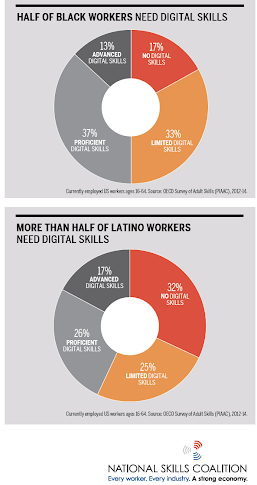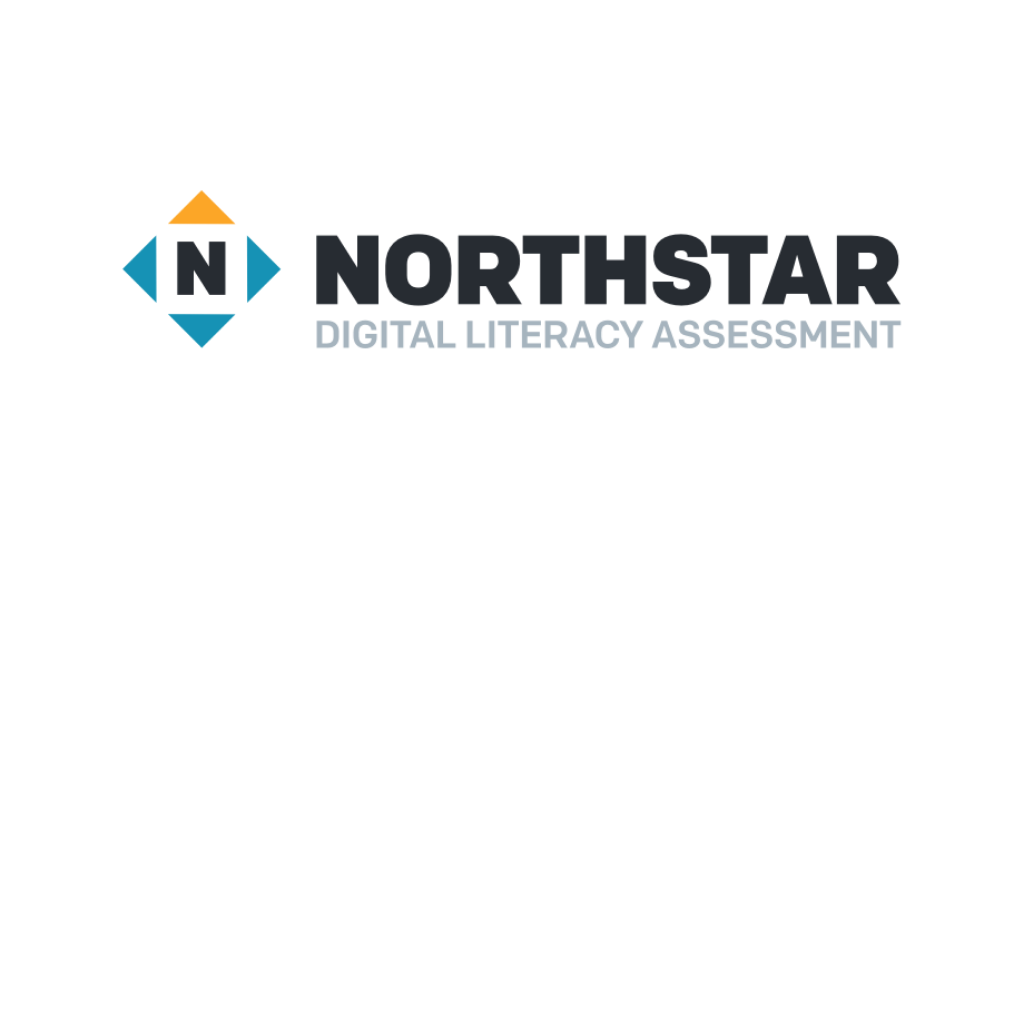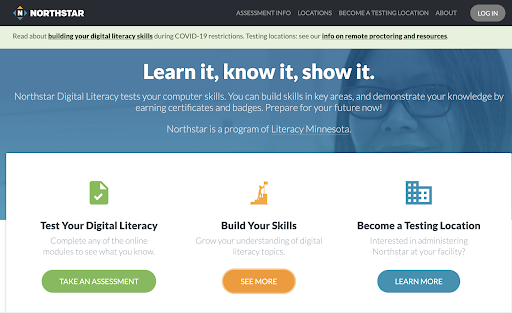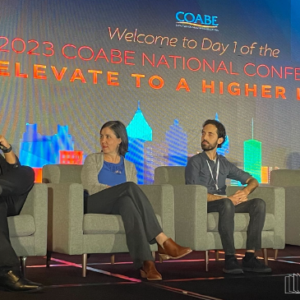By Tom Cytron-Hysom
The challenges resulting from the COVID 19 pandemic are profound, affecting all areas of education, work, personal and national economics, family and daily life, and health. Complicating these difficulties for many is the dramatic increase in the importance of digital literacy skills that are increasingly crucial in accessing health care, gaining and maintaining employment, and obtaining educational services for children and adults. The digital literacy gap has deepened into a chasm that many are unable to cross.
Those most affected by lack of digital literacy skills, including affordable internet, adequate devices, and the knowledge to use these effectively, are those with the least economic and political power – lower income communities, people with limited skills, communities of color, women and children, and those with disabilities. Already struggling on the margins, many of these individuals are now facing insurmountable struggles to survive.
 The recent National Skills Coalition report, Applying a racial equity lens to digital literacy, dramatically illustrates the challenges facing communities of color even prior to the pandemic. While stating that one-third of American workers lack vital digital literacy skills (1), the report says “Workers of color are disproportionately affected by digital skill gaps compared to their white peers…For example, Black workers comprise 12 percent of overall workers, but represent 15 percent of the subset of workers who have no digital skills and 21 percent of those with limited skills. Latino workers (who may be of any race) are 14 percent of overall workers, but represent a full 35 percent of workers with no digital skills, and 20 percent of those with limited skills.”
The recent National Skills Coalition report, Applying a racial equity lens to digital literacy, dramatically illustrates the challenges facing communities of color even prior to the pandemic. While stating that one-third of American workers lack vital digital literacy skills (1), the report says “Workers of color are disproportionately affected by digital skill gaps compared to their white peers…For example, Black workers comprise 12 percent of overall workers, but represent 15 percent of the subset of workers who have no digital skills and 21 percent of those with limited skills. Latino workers (who may be of any race) are 14 percent of overall workers, but represent a full 35 percent of workers with no digital skills, and 20 percent of those with limited skills.”
And, also important, “English learners, many of whom are people of color and/ or immigrants, also have digital skill gaps. PIAAC data show that 40 percent of all workers with limited English have no digital skills, 27 percent have limited skills, 22 percent have proficient skills, and 11 percent have advanced skills.
Those who struggled with digital literacy prior to the pandemic are even more at risk as so many essential activities have moved online. In common with many other programs, Northstar Digital Literacy, a program of Literacy Minnesota, has a deep commitment to providing needed services to at-risk groups threatened by the pandemic.
Northstar provides comprehensive, online assessment of digital literacy skills; detailed classroom curriculum; and online, self-guided instruction through Northstar Online Learning. Many services are available via our free public website, while others are available through more than 850 subscribed test locations throughout the U.S. and in many other countries.
We have seen a huge increase in demand for digital literacy training and assessment – much of it directly related to people preparing to increase skills directly related to employment searches. For instance, a few weeks ago we began to receive many helpdesk tickets from individuals in the Chicago area, seeking assistance with accessing digital badges that can be earned via successful completion of assessments. We discovered that a local college was making successful completion of five core Northstar assessments a requirement to enter their new Contact Tracing Certificate program, and in just a few days over 12,000 assessments were completed by more than 2,500 of their potential learners – once they became an official test location, they had an additional 5,000 assessments completed via their admin portal within a week.
Measures Northstar has taken in response to COVID 19 include:
- Providing free, open online access to self-directed learning via Basic Computer Skills (usually available only via test locations).
- Enabled and provided best practice guidelines to support test locations to remotely proctor assessments during site closures.
- Provided test locations with the capacity to create NSOL learner accounts via bulk upload, rather than one at a time.
- Developed a new profile feature for all test locations through our website, so members of the public can search by zip code for sites offering NSOL accounts, remote proctoring, online classes, etc.
- Developed and released a new resource, Tools and Tips for teaching the NS curriculum remotely, to help teachers adapt their teaching to a virtual environment.
- Added a new section to the Northstar homepage, Build Your Skills, encouraging users to connect with testing locations, to NSOL’s Basic Computer Skills, and to curated resources from the web.
We are also working closely with the Open Door Collective on efforts to find funding to develop further NSOL resources, and develop partnerships to better meet the digital literacy needs of at-risk communities. We trust that these efforts will have a positive impact on our goal to support opportunities for digital literacy learning across the country and around the world.
(1) Data drawn from PIAAC, the Program for the International Assessment of Adult Competencies, 2014






